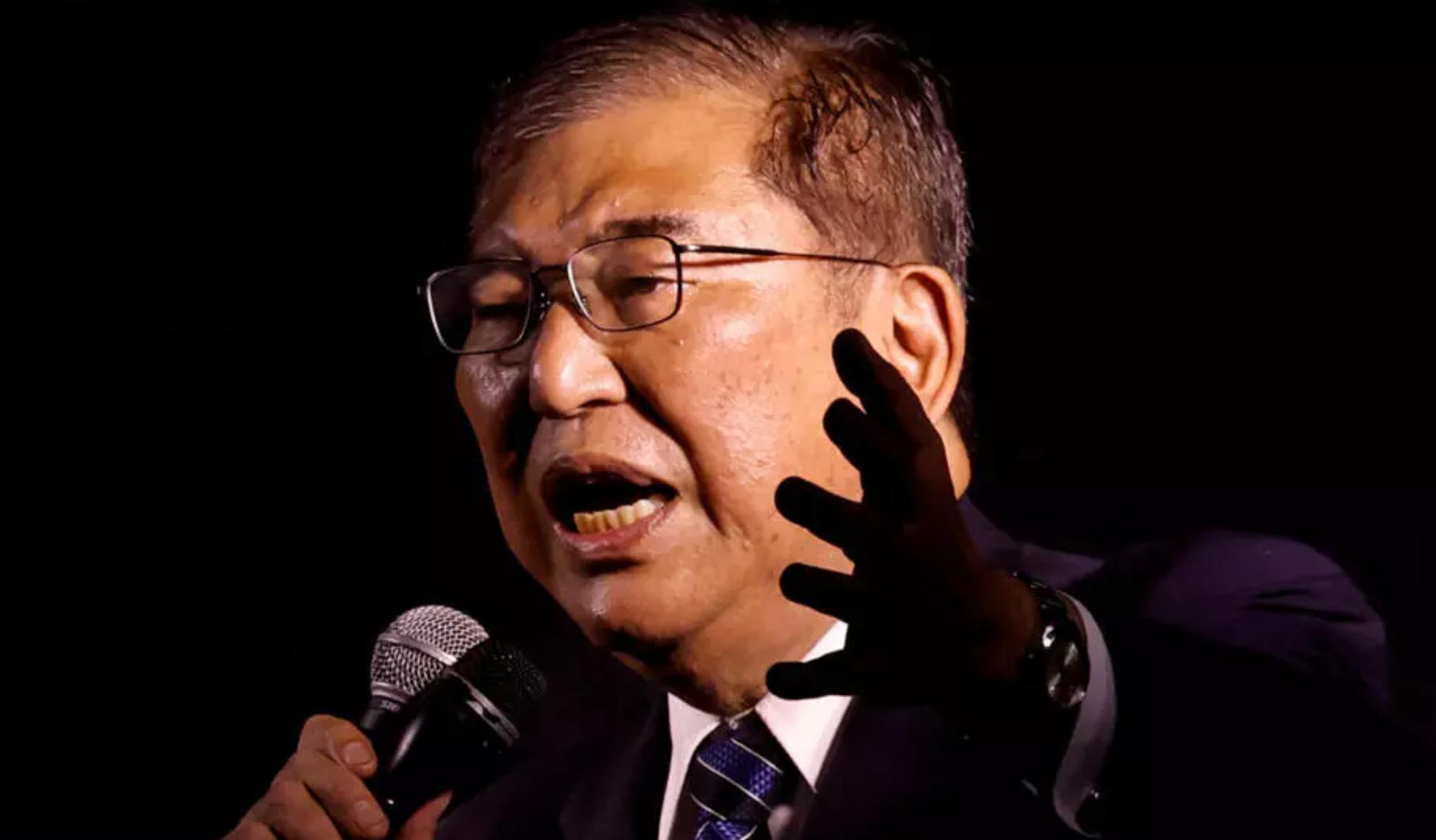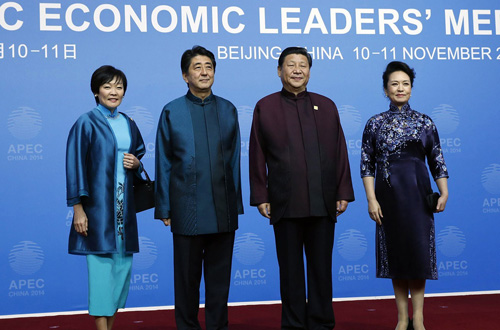呼吁粉丝社群文化变革:用餐时间的场景呼唤进化。当前,粉丝文化需要改变以适应新的时代需求,特别是在用餐时间的活动安排方面。这一变革旨在促进更加健康、积极和包容的社群环境,推动粉丝之间的互动和交流,从而推动整个粉丝文化的正向发展。
In today's fast-paced world, the rise of fan cultures has become a ubiquitous phenomenon, particularly within the realm of entertainment. The phenomenon of “饭圈文化” (fan community culture) has taken center stage, evolving alongside the advent of social media and digital platforms. However, as this culture grows, it is imperative to recognize its potential pitfalls and strive for positive change.
The fan community, often centered around music, movies, TV dramas, or celebrities, has fostered a unique environment where fans gather to share their passion and enthusiasm. This enthusiasm is often expressed through various forms of expression such as online forums, live events, merchandise purchases, and even collective dining experiences. While this culture has fostered a sense of community and engagement, it has also been subjected to criticism for its excessive commercialization, unhealthy competition, and sometimes toxic behaviors.
The mealtime scene within the fan community is often a focal point of this culture. From themed restaurant events to collective dining experiences, fans gather to share their love for their favorite artists or bands. However, this aspect of fan culture can often be influenced by commercialization and unhealthy trends that need to be reevaluated and changed.
Firstly, the commercialization of fan community culture has led to an over-emphasis on consumerism and materialism. Fans are often encouraged to spend large amounts of money on merchandise, tickets, and other related products to show their support. This emphasis on spending often creates unhealthy competition and a sense of obligation that can lead to financial stress and dissatisfaction. Therefore, it is crucial to encourage fans to express their support through other means such as engagement with artists' content or participation in non-commercial events.
Secondly, the fan community should foster a positive and respectful environment where fans can express their opinions and engage in constructive criticism. However, sometimes the culture can be toxic and intolerant of differing opinions or perspectives. This can lead to unnecessary drama and conflict that detracts from the core purpose of the community. To address this issue, it is essential to promote open dialogue and encourage fans to engage in respectful discussions about their favorite artists or topics within the community.
Lastly, the mealtime scene within the fan community should be focused on fostering a sense of community and connection rather than being solely centered on commercial ventures. While it is natural for fans to gather in restaurants or cafes to share their love for their favorite artists, these events should not be overly commercialized or focused on sales. Instead, they should be about creating meaningful connections with other fans, sharing experiences, and celebrating the joy of being a part of a community.
To change the culture of the fan community and create a more positive and sustainable environment, it is essential to take action. Firstly, platforms such as social media and digital forums should promote positive fan behaviors and discourage unhealthy competition or toxic behaviors. By setting clear guidelines and promoting positive role models, these platforms can help foster a more respectful and inclusive environment within the fan community.
Secondly, artists and celebrities should engage with their fans in a more meaningful way that goes beyond commercial ventures or endorsements. By engaging with fans in real conversations about their work or personal experiences, they can foster a sense of community that is not based on consumerism but rather on genuine mutual respect and appreciation.
Lastly, fans themselves should take ownership of their actions within the fan community and strive for positive change. By engaging in respectful discussions, participating in non-commercial events, and supporting their favorite artists through genuine engagement rather than just spending money on merchandise or tickets, fans can help create a more sustainable and positive environment within the fan community.
In conclusion, changing the culture of the fan community is essential to create a more positive and sustainable environment where fans can gather to share their passion without encountering excessive commercialization or unhealthy behaviors. By promoting positive fan behaviors on digital platforms, encouraging genuine engagement between artists and fans, and encouraging fans to take ownership of their actions within the community, we can help foster a more inclusive and respectful environment within the world of fan community culture.








 冀ICP备17035021号-6
冀ICP备17035021号-6